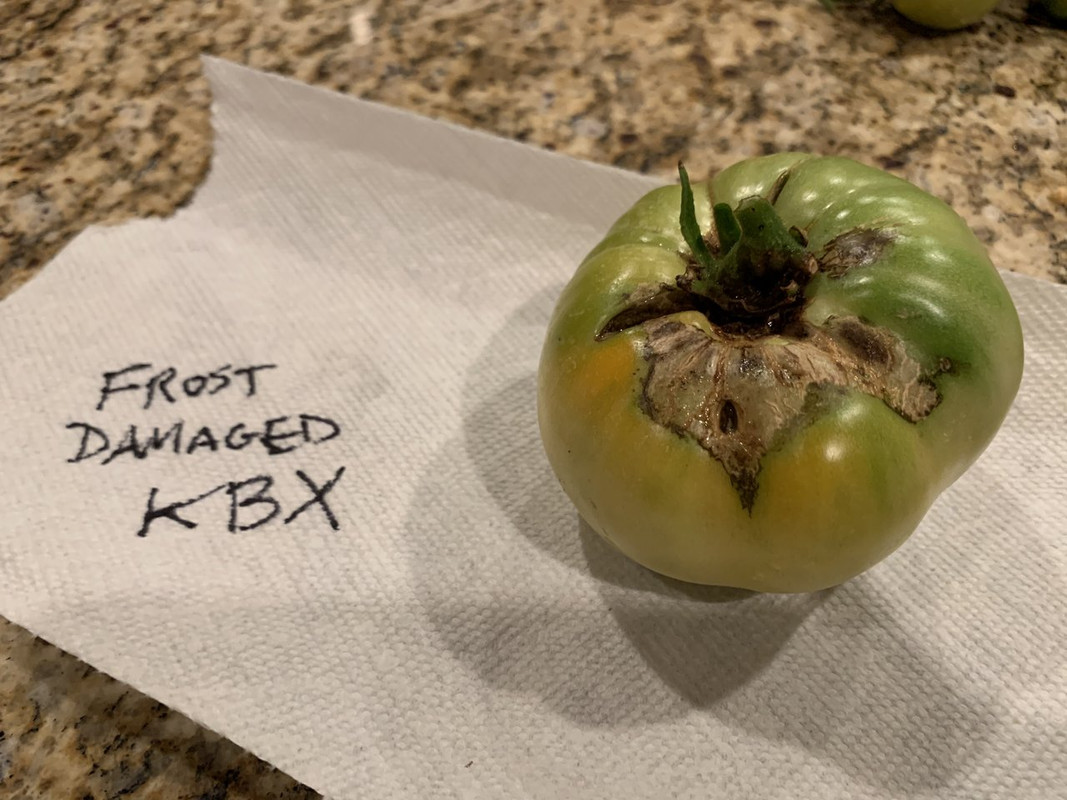Several farmers in Beitbridge are facing significant losses after their irrigated crops were damaged by frost, an occurrence reportedly unprecedented in recent memory for the district.
Masauso Mawocha, the district Agritex officer, confirmed to the Southern Eye that frost has severely affected crops throughout Beitbridge. He highlighted the impact on the sugar bean crop at the Shashi Community Irrigation Scheme as particularly severe.
Mawocha remarked, “We have received several reports from various areas across the district where irrigated crops have been damaged by frostbite. Reports have come from wards 5 and 12. This winter has been unusually cold.”
Elizabeth Ndou from Beitbridge East described how her irrigated fodder was affected, stating, “We woke up to find ice on the grass and trees. The morning was extremely cold, unlike anything we have experienced before.”
Terry Charles Mulowa, a local businessman and cattle farmer, expressed the necessity to replant crops, saying, “I had various types of fodder plants, and none escaped the cold.”
Also read: Mnangagwa Condemns Attempted Assassination Of Donald Trump
When contacted, Veterinary Department head Rutendo Mwaramba redirected inquiries to authorities in Harare for comment.
Residents near the Limpopo River, like Tariro Moyo, also shared their shock at the unprecedented cold spell, noting they had never witnessed such conditions in their lifetime.
According to a source at the Beitbridge Meteorological Station cited by Southern Eye, the station recorded historically low temperatures. The source noted, “Last week, on Tuesday and Wednesday, ground temperatures dropped to -3°C, with atmospheric temperatures reaching as low as -0.8°C.”
Zimbabwe experienced severe drought during the 2023/24 summer season, followed by an unusually harsh winter, particularly in late June and early July of 2024.
Traditionally, Zimbabweans believe that summers with below-average rainfall are often succeeded by extremely cold winters. However, records from the UK Met Office spanning 50 years suggest that the correlation between summer conditions and winter severity is unpredictable. Derek Hardy from the Met Office commented, “As far as we can tell, it’s completely random. Predicting winter severity based on preceding summer conditions is unreliable.”

For comments, Feedback and Opinions do get in touch with our editor on WhatsApp: +44 7949 297606.
